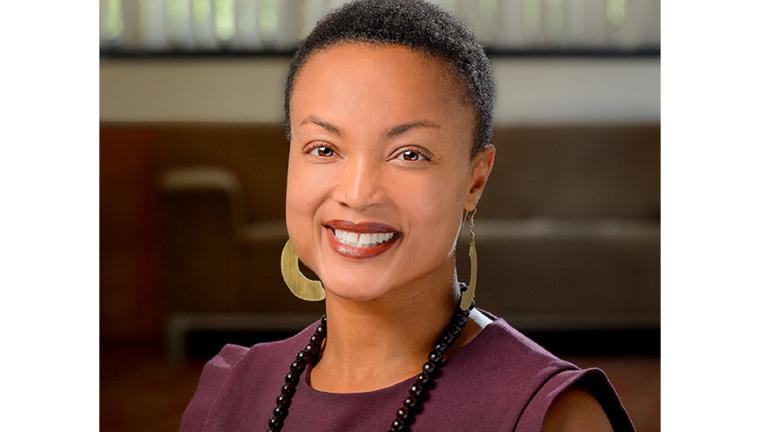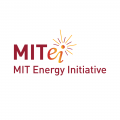
Tuesday, March 8, 5:00-6:00 pm ET
In-person event for MIT community
Wong Auditorium, 2 Amherst St., Cambridge, MA
Hosted by the MIT Energy Initiative and the MIT Department for Urban Studies and Planning Environmental Policy and Planning group
Register
The Justice40 Initiative originates from section 223 of President Biden’s Executive Order 14008, Tackling the Climate Crisis at Home and Abroad. Justice40 is historic and provides the foundation for ensuring an equitable transition away from fossil fuels to clean energy. The initiative directs 40% of the overall benefits of certain federal investments—including investments in clean energy and energy efficiency, clean transit, affordable and sustainable housing, training and workforce development, the remediation and reduction of legacy pollution, and the development of clean water infrastructure—to disadvantaged communities. Justice40 is rooted in the principles of energy justice, which is “the goal of achieving equity in both the social and economic participation in the energy system, while also remediating social, economic, and health burdens on those disproportionately harmed by the energy system” (Initiative for Energy Justice, 2019). At its core, energy justice applies the basic principles of civil rights to climate and energy policy. In this discussion, Deputy Director for Energy Justice Shalanda H. Baker will discuss the U.S. Department of Energy’s approach to energy justice by implementing the historic Justice40 Initiative.
This event will be in-person and open only to the MIT community, including MIT faculty, staff, and students. To adhere to MIT’s in-person event policies, please register in advance and follow all instructions in the subsequent confirmation emails regarding Tim Ticket distribution and QR access codes. Please use a mit.edu email address when you register for the event. All MIT Covid-19 rules will be in place, and masks will be required in campus buildings.
Reception with light refreshments to follow
About the speaker
Shalanda H. Baker is the deputy director for energy justice in the Office of Economic Impact and Diversity at the U.S. Department of Energy. Prior to her appointment, she was a professor of law, public policy, and urban affairs at Northeastern University. She has spent more than a decade researching the equity dimensions of the global transition away from fossil fuel energy to cleaner energy resources. She is the author of more than a dozen articles, book chapters, and essays on renewable energy law, energy justice, energy policy, and renewable energy development. In 2016, she received a Fulbright-Garcia-Robles research fellowship to study climate change, energy policy, and indigenous rights in Mexico. She is the co-founder and former co-director of the Initiative for Energy Justice (www.iejusa.org), an organization committed to providing technical law and policy support to communities on the frontlines of climate change. Her recent book, Revolutionary Power: An Activist’s Guide to the Energy Transition (Island Press, 2021), argues that the technical terrain of energy policy should be the next domain to advance civil rights.






